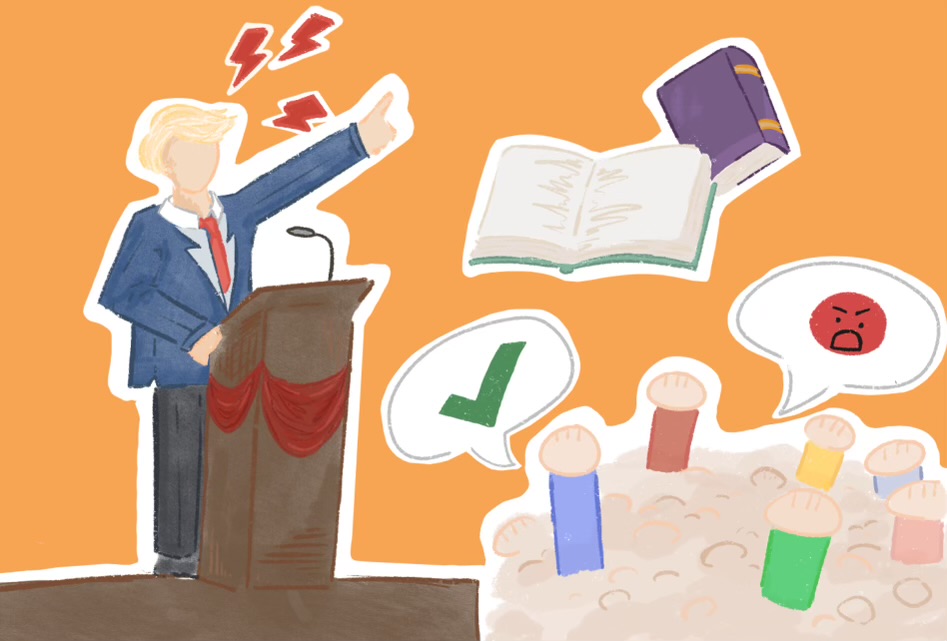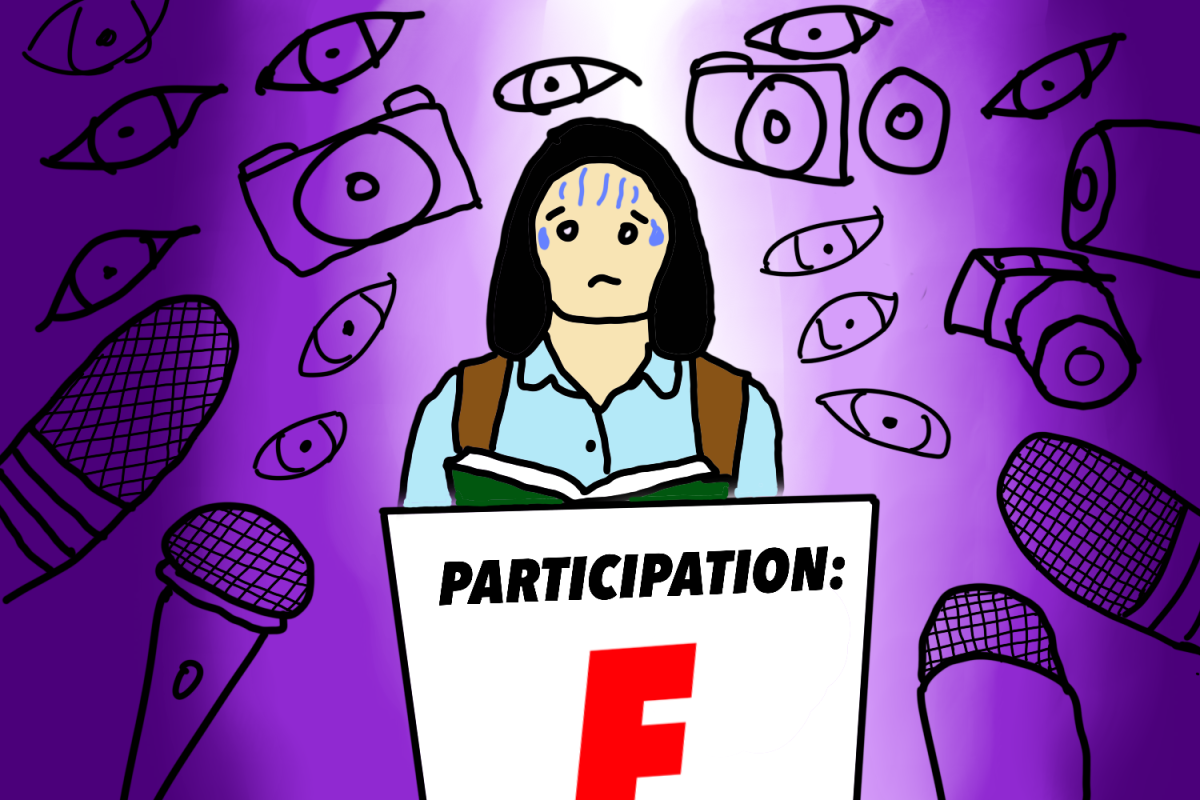Even before his second non-consecutive term of presidency has started, Donald Trump has already declared a laundry list of promises in order to fulfill his vision of America. One of these includes his plan to abolish the Department of Education (DOE), believing that states, not federal agencies, should have control over schools. This is incredibly detrimental, as the DOE is crucial to furthering education in the United States.
“I’m going to close the Department of Education and move education back to the states— and we’re going to do it fast,” Trump said in a campaign video, adding that “We spend more money per pupil than any country [yet] we’re at the bottom of the list [of education rankings].”
The DOE, however, provides many resources and supports for students across the country. Officially established in 1979 by former President Jimmy Carter, the department “establishes policy for, administers and coordinates most federal assistance to education.” This includes not only managing the federal funding programs but also federal student loans and financial aid. It also provides 10% of the K-12 funding for public schools.
Losing the DOE would cause dire consequences. The Title I program, which provides funding to educate children from low income families, and the IDEA program, which supports the needs of children with disabilities will both be affected, further creating barriers to education for this demographic. While this may not appear to directly affect all students, the dismantling of the DOE would mean that schools will lose funding from other programs in order to accommodate these students.
Furthermore, without the student loan program, chances are, students wouldn’t be as encouraged to follow their passions and pursue education. Since education is what creates opportunities for jobs and spurs the economy, it would be extremely detrimental to abolish the DOE in what appears to be an attempt to improve economic growth. Students from Arcadia may especially benefit from knowing that their education endeavors are supported financially by the government system.
In addition, leaving states in charge of education can be dangerous. For example, Louisiana, a historically Republican-leaning state, has proposed a law that requires that the Ten Commandments of the Bible be displayed in every public school classroom, a decision that would violate religious freedom.
With the dismantling of the DOE, additional censorship and banning of educational texts are certain to follow. This can be extremely damaging to education as a whole and can cause an increase of inconsistency throughout the country. Certain areas of the U.S. would receive a more complete education than others due to the state-determined banning of educational material. This is clearly unfair, as students receiving a substandard education goes against everything this country stands for in terms of equality in education.
Some may argue against keeping the DOE, due to the fact that 40% of students nationwide cannot read at a basic level, according to the 2023 national literacy statistics. However, that is reported to be due to half of the states not having a specific set of guidelines as to what teachers should teach regarding reading. Moving education back to the states would likely create more discrepancy of literacy levels throughout the country.
It has been stated by education policy experts that it is extremely unlikely that Trump could close the DOE, especially with his desire to close it immediately. The Senate would need a large majority of votes to close the department, and some of the programs that the DOE controls, such as funding for students with disabilities, tend to be popular among both political parties. Since current politicians will likely still want to reduce funds, this means that funding for programs related to equity, diversity, and inclusion will likely be a target— leading to unsafe environments for minority groups. This is extremely problematic, as it shows a lack of consideration for those who may be unfairly targeted due to their identities.
The best solution at this very moment is, ironically, education. It is extremely important for individuals to educate themselves about the dangers of plans such as abolishing the DOE, as well as consider other perspectives. Through this, people can learn to make more informed decisions and create a positive influence to improve the education system in this country.







